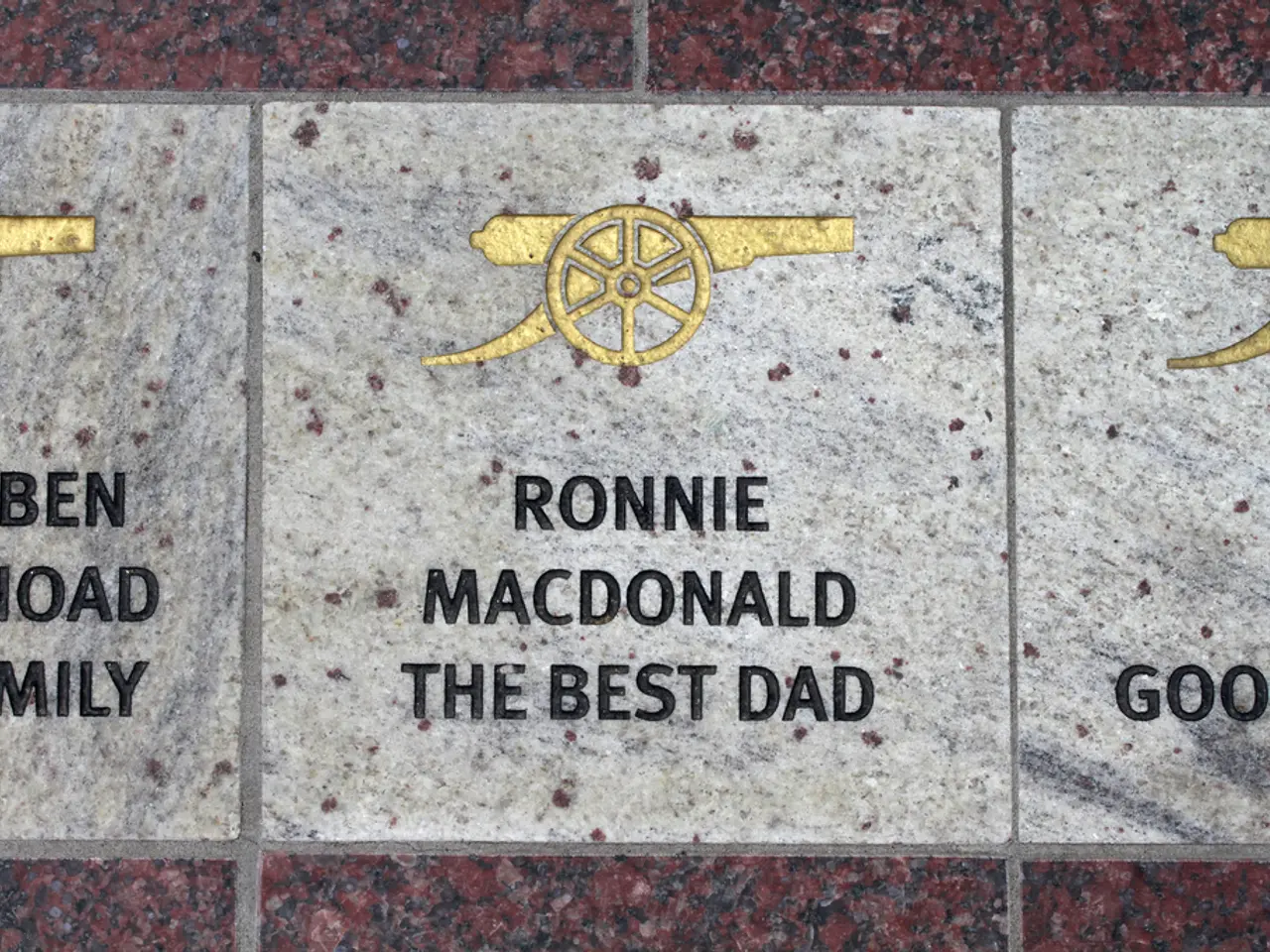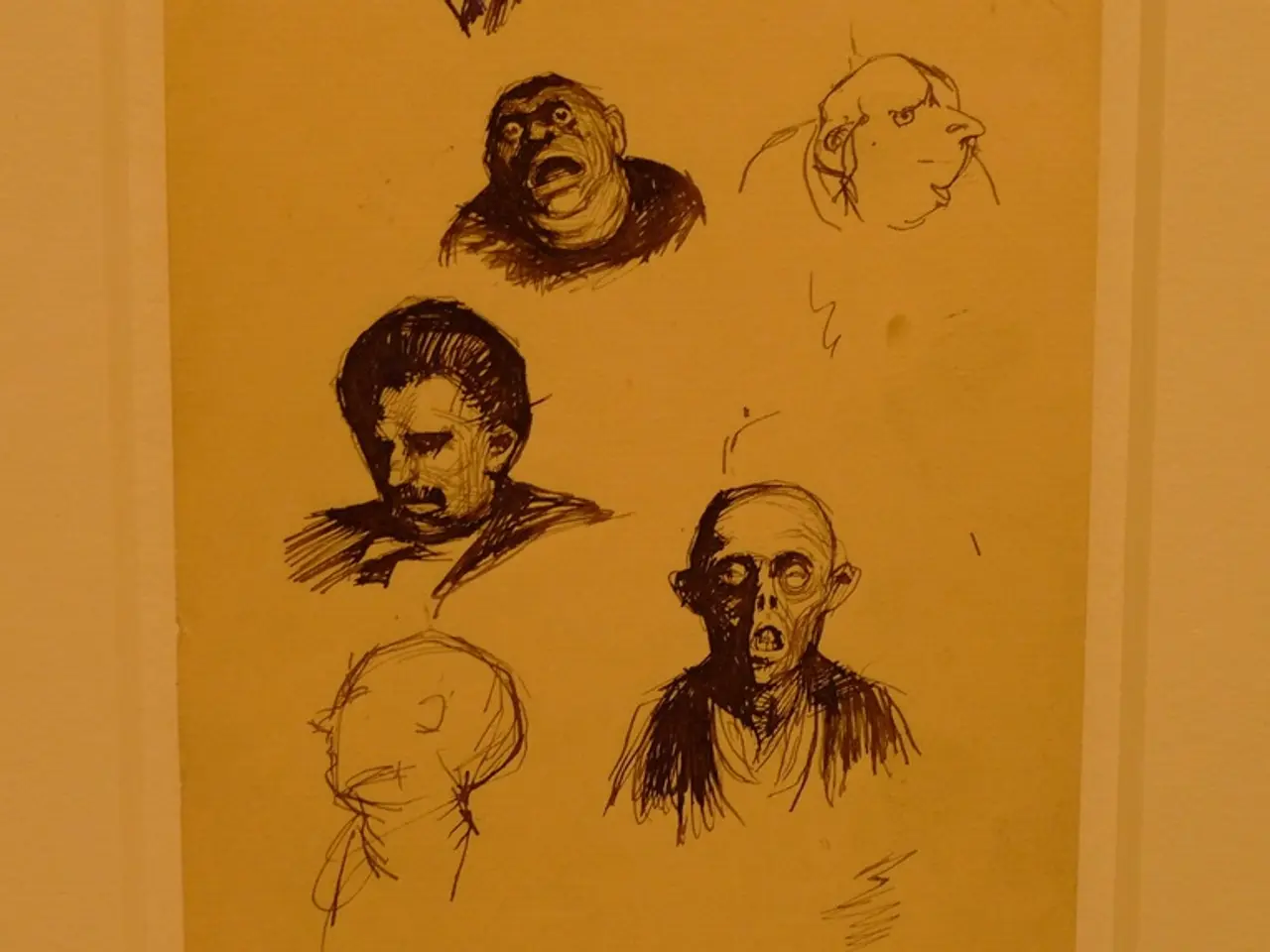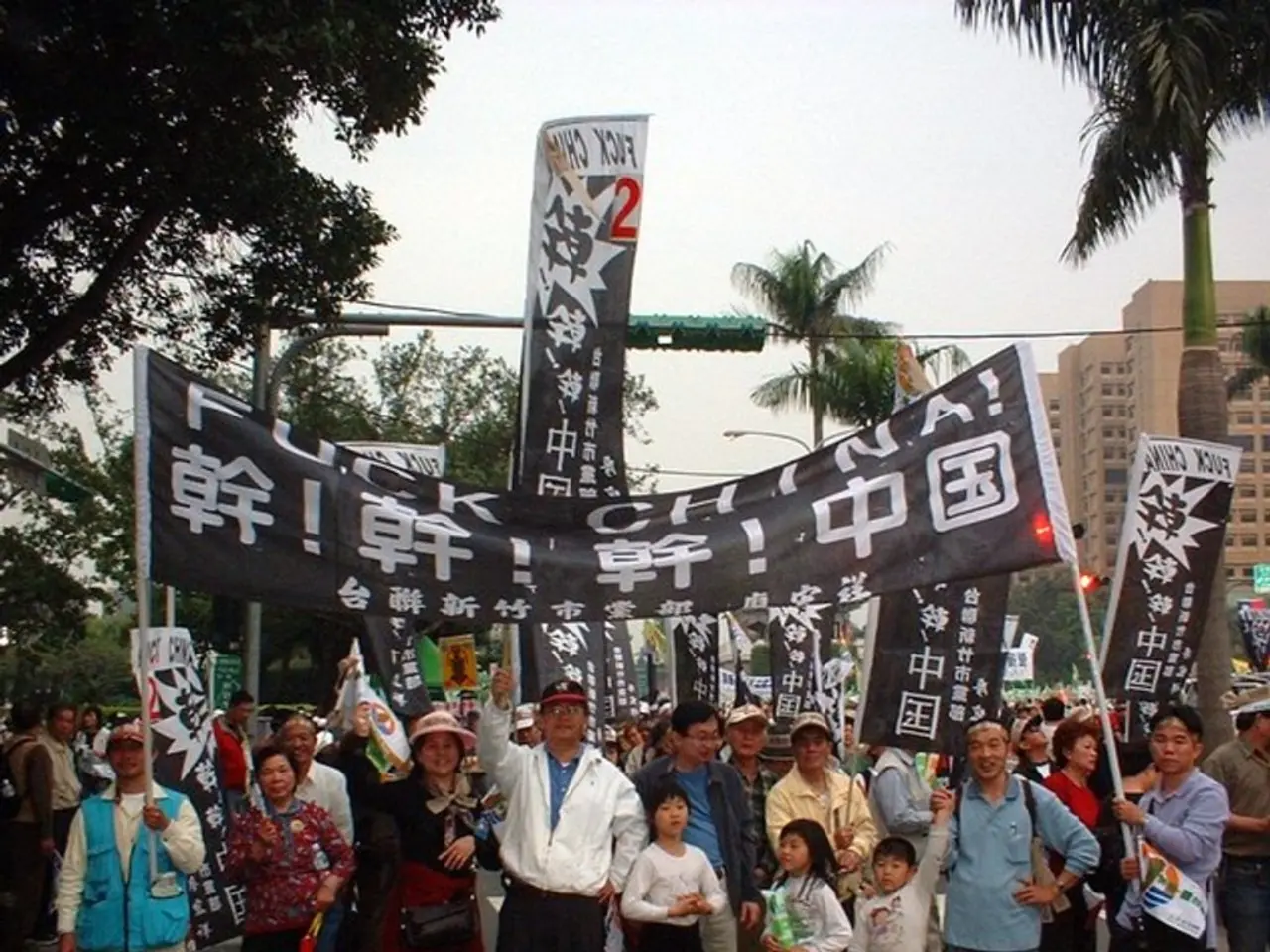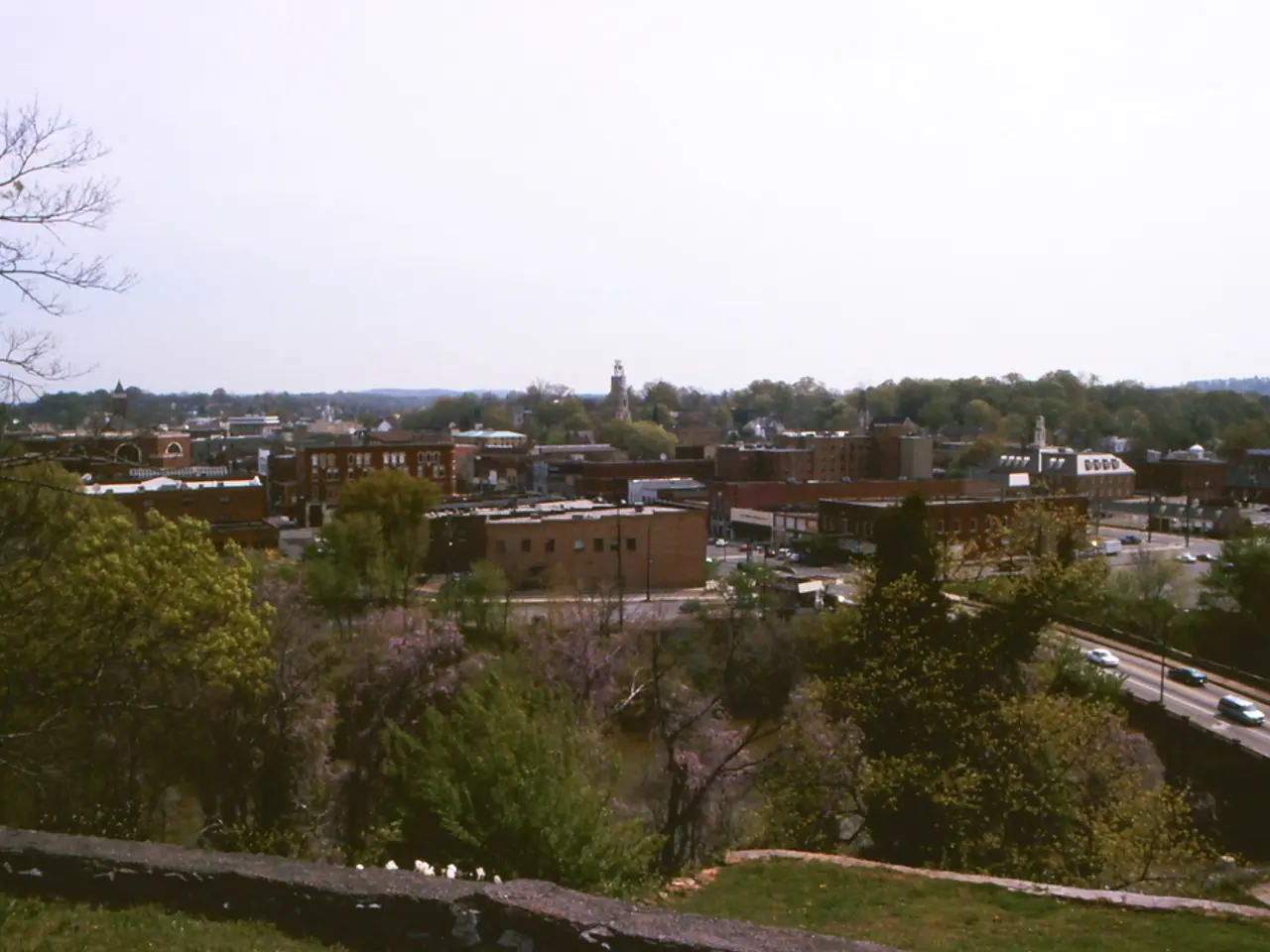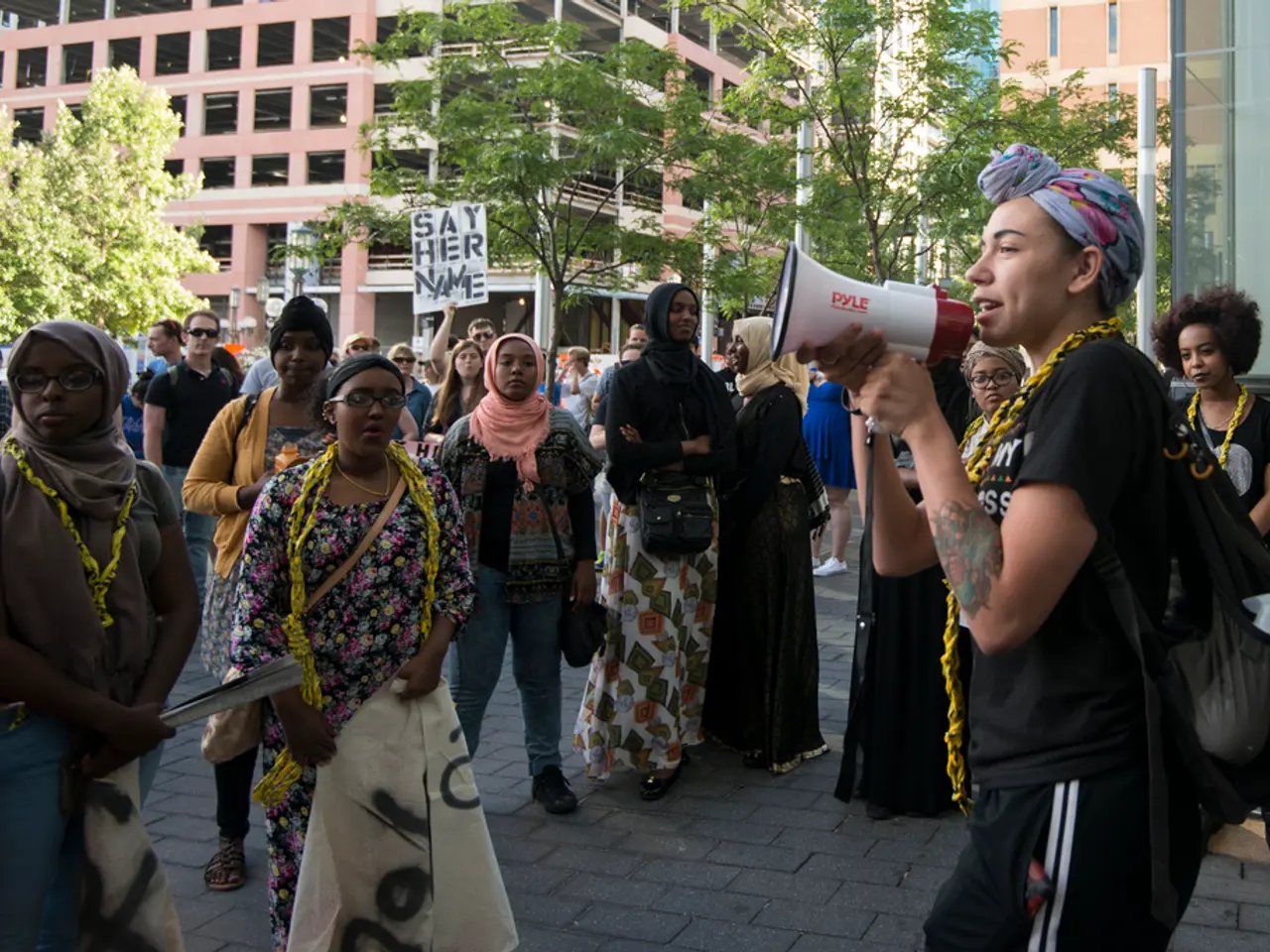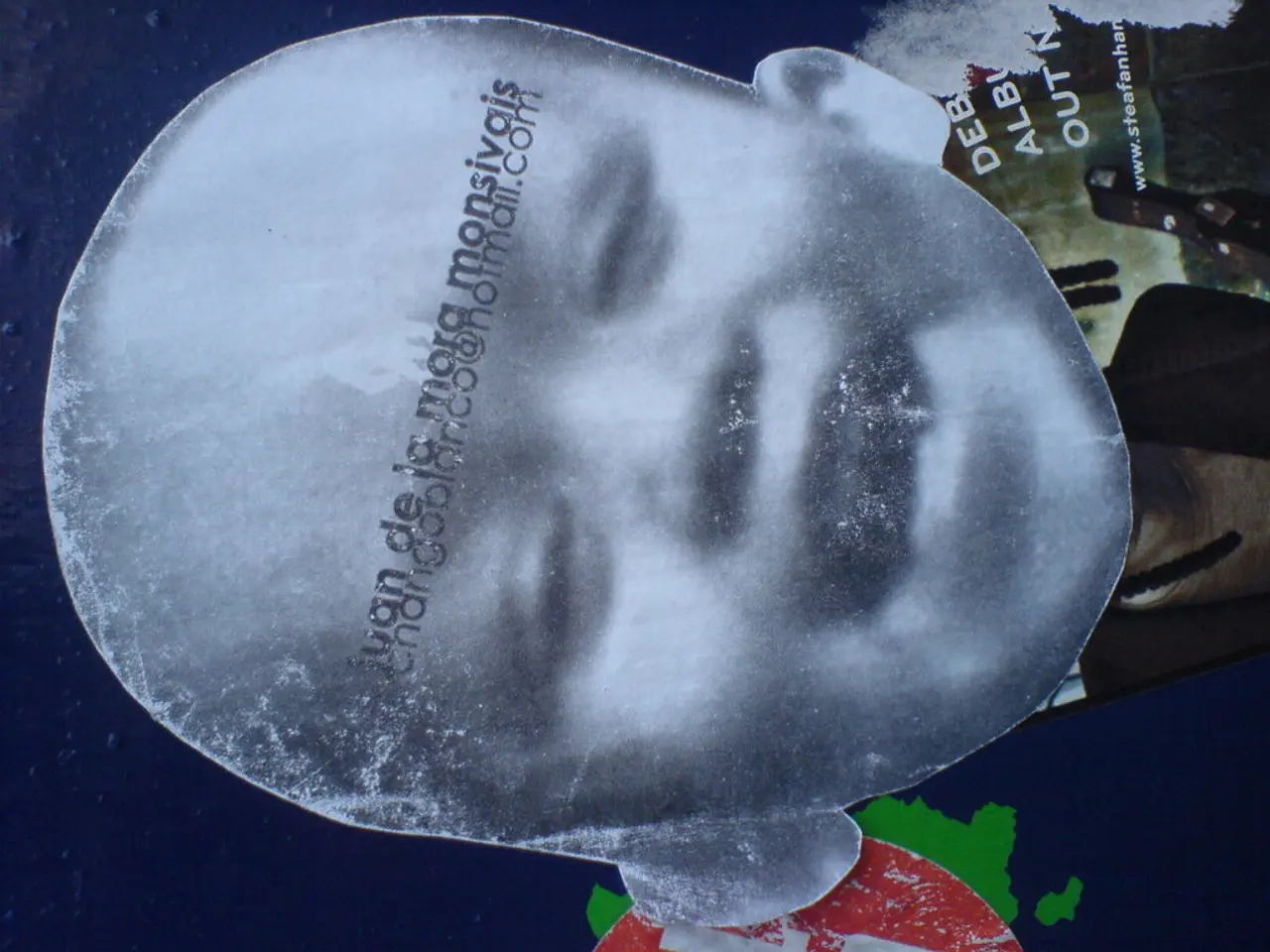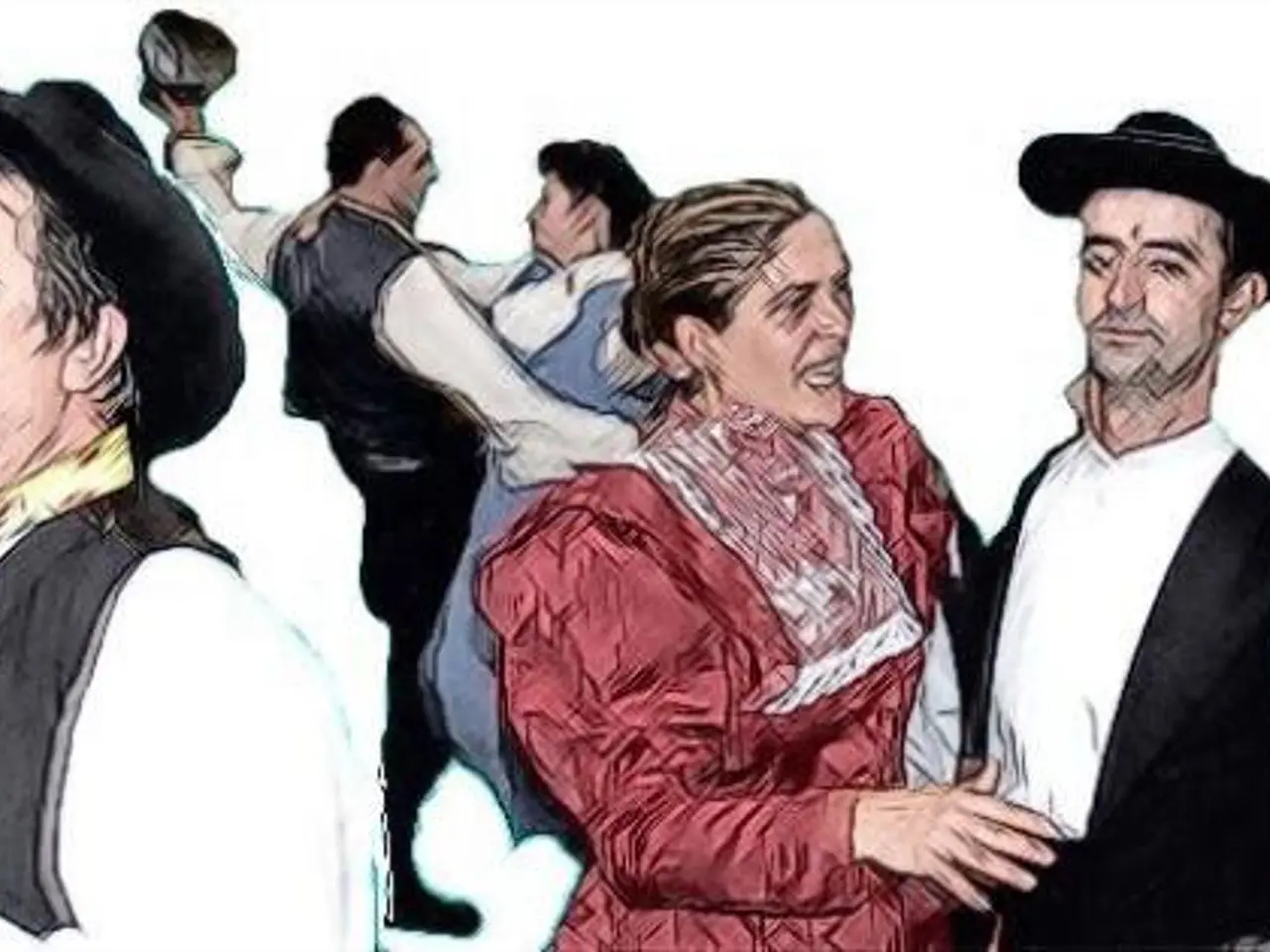Celebratory Gathering of 13th European History Symposium: Marking Moments Amidst Tumultuous Periods
Remembering 1945: A Catalyst for European Unity
Seventy-seven years ago, in 1945, the world witnessed a pivotal moment in the memory of Eastern and South-Eastern Europe. A year marked by the end of immense suffering during World War II and the beginning of a divided Europe under new geopolitical realities.
1945 was the conclusion of the brutal Eastern Front conflict, which devastated the Soviet Union, the Balkans, and Eastern Central Europe through massive battles and civilian suffering. It was a year of liberation from Nazi occupation but also immense human loss across these countries[5]. The Potsdam Conference (July-August 1945) solidified the division of Europe into East and West blocs, especially in Eastern Germany and Central Europe. Key decisions, like Germany’s partition and shifting Poland’s borders westward, also resulted in ethnic expulsions and territorial loss, sowing long-term tension. Stalin’s Soviet zone extracted substantial reparations, reflecting the era’s harsh geopolitical settlements[1][3].
Eastern and South-Eastern European countries experienced Soviet dominance after liberation, often remembered ambivalently—as both protection against German aggression and imposition of communist control. This dual legacy influences how the year 1945 is commemorated, blending themes of freedom and subjugation[3]. Today, 1945 anniversaries vary—some emphasize victory over fascism and liberation, others recall territorial losses and oppression. This ambivalence offers a fertile ground where the memory of 1945 could be harnessed to reflect on the costs of division and the benefits of cooperation.
Acknowledging the shared history of suffering and the complex geopolitical aftermath of 1945 can serve as a unifying narrative in Eastern and South-Eastern Europe. Honoring all aspects—liberation, loss, and division—could promote dialogue, mutual understanding, and a collective commitment to integration within a peaceful, united Europe[1][3].
The current conflict in Ukraine is seen as a "Zeitenwende", a decisive rupture in Ukraine's historical trajectory, with Russia monopolizing historical memory. The example of the well-known Albanian writer and author Musine Kokalari, who had supported the anti-fascist movement, clearly showed how ruthlessly the communist regime in Albania later dealt with those anti-fascist forces who advocated a different vision of society. Kokalari had campaigned for free elections among the Allies, but this endeavour was rejected. After the Communist Party won with more than 93 per cent of the vote, Enver Hoxha was able to secure his power. Kokalari, who had criticised the patriarchal traits of Albanian society, was sentenced to 20 years in prison as an "enemy of the people".
In contrast, Ukraine commemorates the legacy of the Second World War on 8 May, aligning with European memory culture and distancing from Soviet-era symbolism. The motivation for this shift was the "significant lack of awareness" about the realities of the war on the territory of the Soviet Union, which has been exploited by pro-Russian propaganda in the context of the current attack on Ukraine[6].
Recent initiatives, such as the digital remembrance project "Light of the Fireflies" and the documentary feature "The War and Its Victims", aim to provide new insights into interpretations of the Second World War, particularly for a young audience. These projects involve young people from various cities, including Belgrade and Berlin, visiting places where victims of Nazi persecution were held, fostering dialogue and mutual understanding.
The 1945 anniversary can be more than remembrance—it can inspire reflection on overcoming the legacy of partition and conflict, reinforcing a European identity that learns from history to build solidarity across the continent. The Heinrich Böll Foundation in Berlin held a forum in 2025 to examine shifting memory discourses across Europe regarding the end of World War II, emphasizing the continued relevance of debates surrounding the war's end, particularly in light of Russia's war of aggression against Ukraine.
In conclusion, the 1945 anniversary serves as a poignant reminder of the complex past and the ongoing need for unity in Europe. By acknowledging and learning from the shared history, we can foster dialogue, mutual understanding, and a collective commitment to integration within a peaceful, united Europe.
Engagement with the 1945 anniversary presents opportunities for transformation in the political landscape of Eastern and South-Eastern Europe, allowing a reevaluation of the era's geopolitical transformations and their enduring impact. Reflection on the divisive consequences of 1945 can spur discussions on cooperation and the pursuit of European unity.
The remembrance of 1945 can act as a catalyst for redefining European identity, encouraging a joint understanding of history that promotes solidarity and integration, ultimately fostering a more united and peaceful continent.
